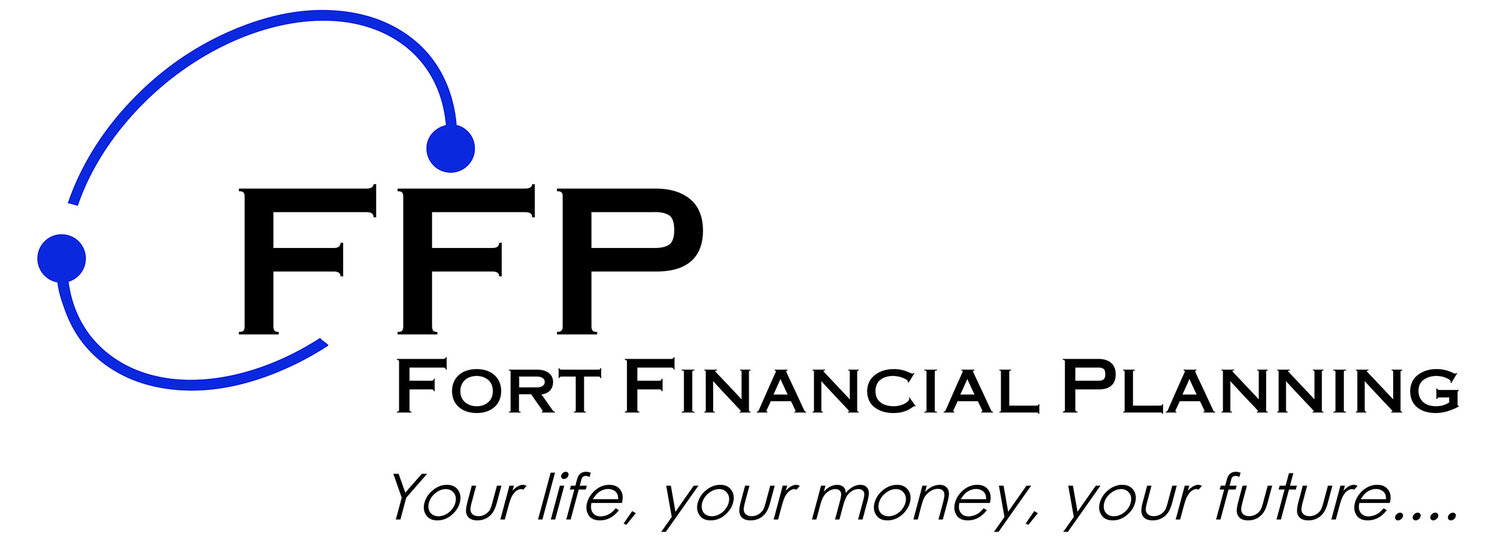Budgeting for a better lifestyle
Many people will have started the year thinking about their money and asking themselves questions like, did we spend too much on Christmas? Where does all our money go? How can we start saving money? We really need to start thinking about our future and how will we ever afford to stop work?
One of the most important conversations I have with people when we start building a financial plan is about budgeting. A personal or household budget is a detailed statement of expected income and expenses for a defined period of time, most frequently one month.
While the word budget has negatively become synonymous with restricted spending just as diet has become synonymous with restricted eating, a budget should really mean more efficient spending. A budget will show you exactly how much money you expect to come in and perhaps more importantly how much is being spent.
Instead of viewing a budget as a negative, view it as a tool for achieving your financial goals.
What a Budget Does
As a financial planning tool, a written monthly budget allows you to plan for how you will spend and/or save your money each month and also keep track of your spending patterns. Though making a budget may not sound like the most exciting activity (and for some, it is downright scary), it is vital to keeping your financial house in order as budgets rely on balance. If you spend less in one area, you can spend more in another or choose to save that money for a larger future purchase, building a "rainy day" fund, or even for retirement.
Before you begin to make your budget, it is important to realise that in order to be successful you have to provide as much detailed and accurate information as possible. Ultimately, the end result of your new budget will show you where your money is coming from, how much is there, and where it is all going each month.
With a budget, you can begin to prioritize your spending and better manage your money and financial future.
How to Make a Budget
The following is a step-by-step guide to making an accurate and helpful personal budget.
Gather every financial statement you can. This includes bank statements, savings and investments, recent utility bills, and any information regarding a source of income or expense.
Record all of your sources of income
If you are self-employed or have any outside sources of income, be sure to record these as well. If your income is in the form of a salary where taxes, pension contributions and healthcare are automatically deducted, then using the net income (or take home pay) amount is fine.
Create a list of monthly expenses
Write down a detailed list of all the expected expenses you plan on incurring over the course of a month — essentially everything you spend money.
Break expenses into two categories: fixed and discretionary. Fixed expenses are those that stay relatively the same each month and are required parts of your way of living. They included expenses such as your mortgage or rent, council tax, gas and electric, car payments, mobile and internet service and so on. These expenses, for the most part, are essential yet not likely to change in the budget. Discretionary expenses are the type that will change from month to month and include items such as food, clothes, entertainment, eating out, pocket money, to name a few. This category will be important when making adjustments. Make sure you include items of expense that don’t happen every month such as car servicing, holidays and gifts.
Total your income and expenses
If your end result shows more income than expenses, you are off to a good start. This means you can prioritise this excess to other areas such as paying off debt, regular savings and retirement plans. If you are showing a higher expense column than income, it means some changes need to be made.
Make adjustments to expenses. If you have accurately identified and listed all of your expenses, the ultimate goal would be to have your income and expense columns to be equal. This means all of your income is accounted for and budgeted for a specific expense or savings goal.
If you are in a situation where expenses are higher than income, you should look carefully at your discretionary expenses to find areas to cut. Since these expenses are typically non-essential, it should be easy to save a few pounds in a few areas to bring you closer to your income.
Review your budget monthly
It is important to review your budget on a regular basis to make sure you are staying on track. After the first month take a minute to sit down and compare the actual expenses versus what you had created in the budget. This will show you where you did well and where you may need to improve.
There are plenty of different ways to create and monitor your budget from simple pen and paper to personalised spreadsheets. You may even want to start using some of the very useful tools or applications that are now available online.
Knowing the cost of your lifestyle is such an important step whether you’re off to University or planning to enjoy your retirement.

